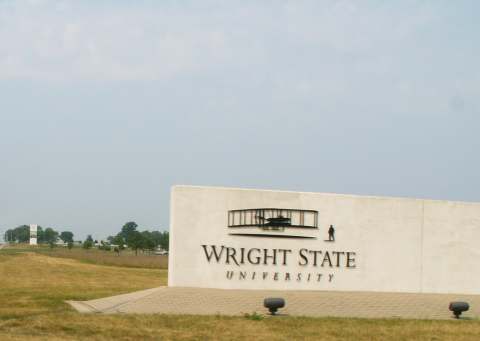
July 19, 2016; Dayton Daily News
Wright State University, a public research university in Dayton, Ohio, announced yesterday that it would no longer be able to host the first presidential debate, scheduled for September 26th. Wright State President David Hopkins cited security concerns and escalating costs associated with the debate while the school is in “internal remediation” to address a budget deficit. The costs, previously estimated at $3.5 million, had ballooned to more than $8 million.
Now, the Commission on Presidential Debates has announced that it is “looking forward” to working with Hofstra University officials to host the debate. Hofstra, a private university near New York City, volunteered last year to be the backup location should Wright State not be available.
Sign up for our free newsletters
Subscribe to NPQ's newsletters to have our top stories delivered directly to your inbox.
By signing up, you agree to our privacy policy and terms of use, and to receive messages from NPQ and our partners.
Hopkins and other officials cited the recent terrorist attack in Nice as an issue of concern requiring increased security and increased construction costs. However, even before the attack, the school had already encountered problems in raising the necessary funds to supplement the $2 million advance payment from the debate commission.
One statement from the article is particularly intriguing: “Unlike private universities that have hosted debates in the past, Wright State cannot restrict public access to its campus, which added to the security challenges, the university said.” Does this present a unique opportunity for private nonprofit universities to host events precisely because they are private and, therefore, have private property rights to restrict access to their institutions’ campuses and buildings? Will it become a consideration when future debate locations are solicited by the debate commission?—Michael Wyland













